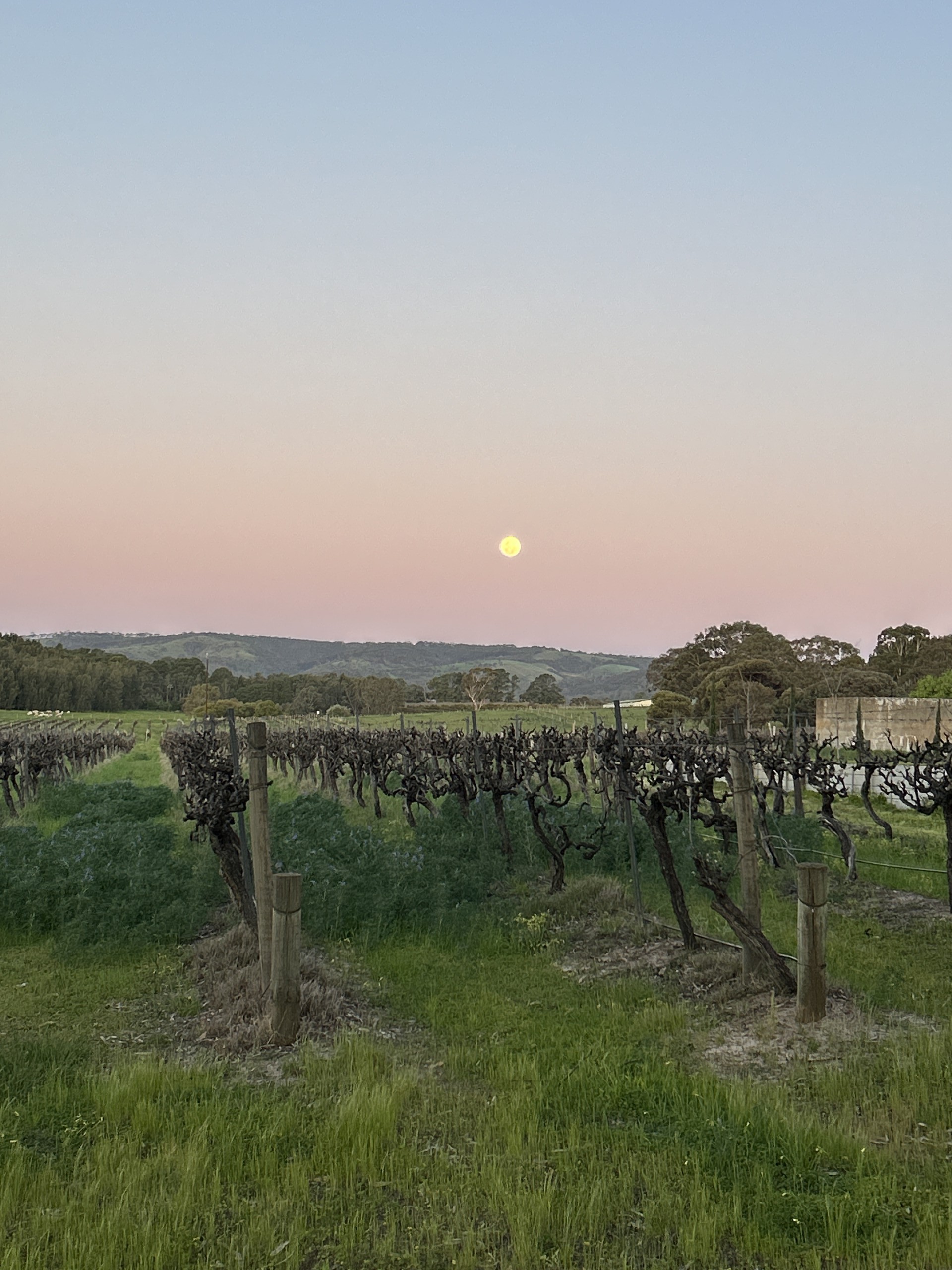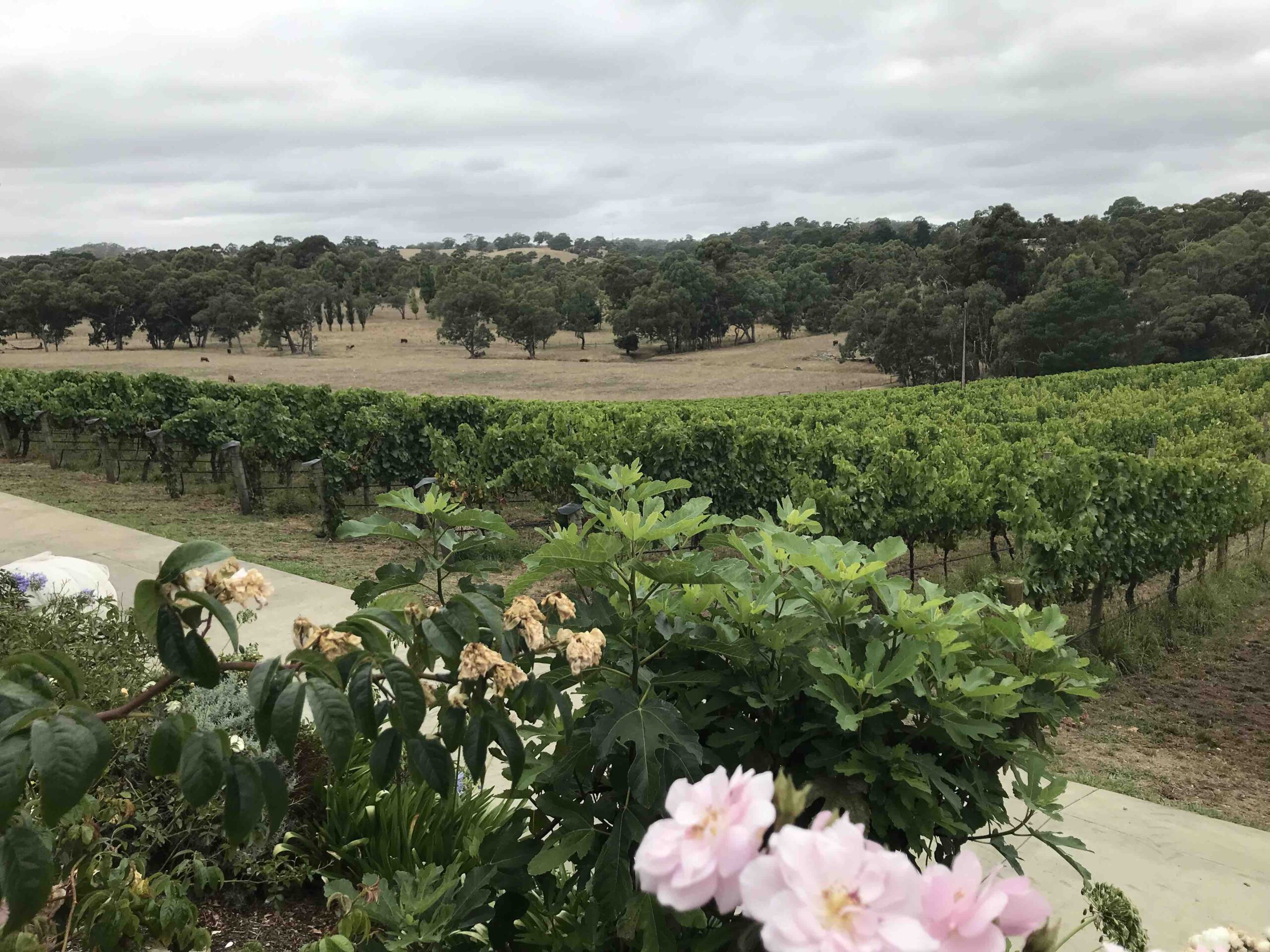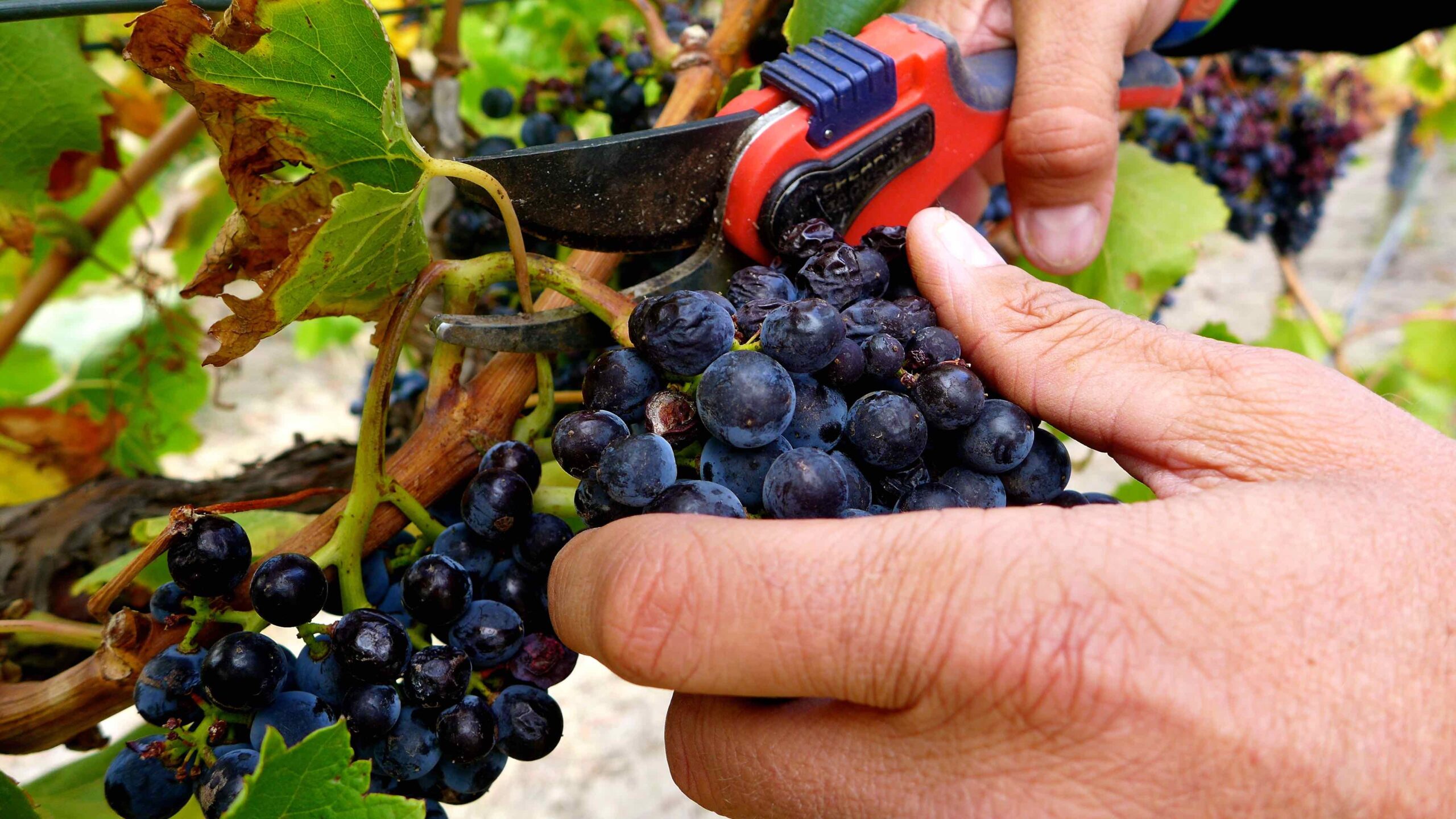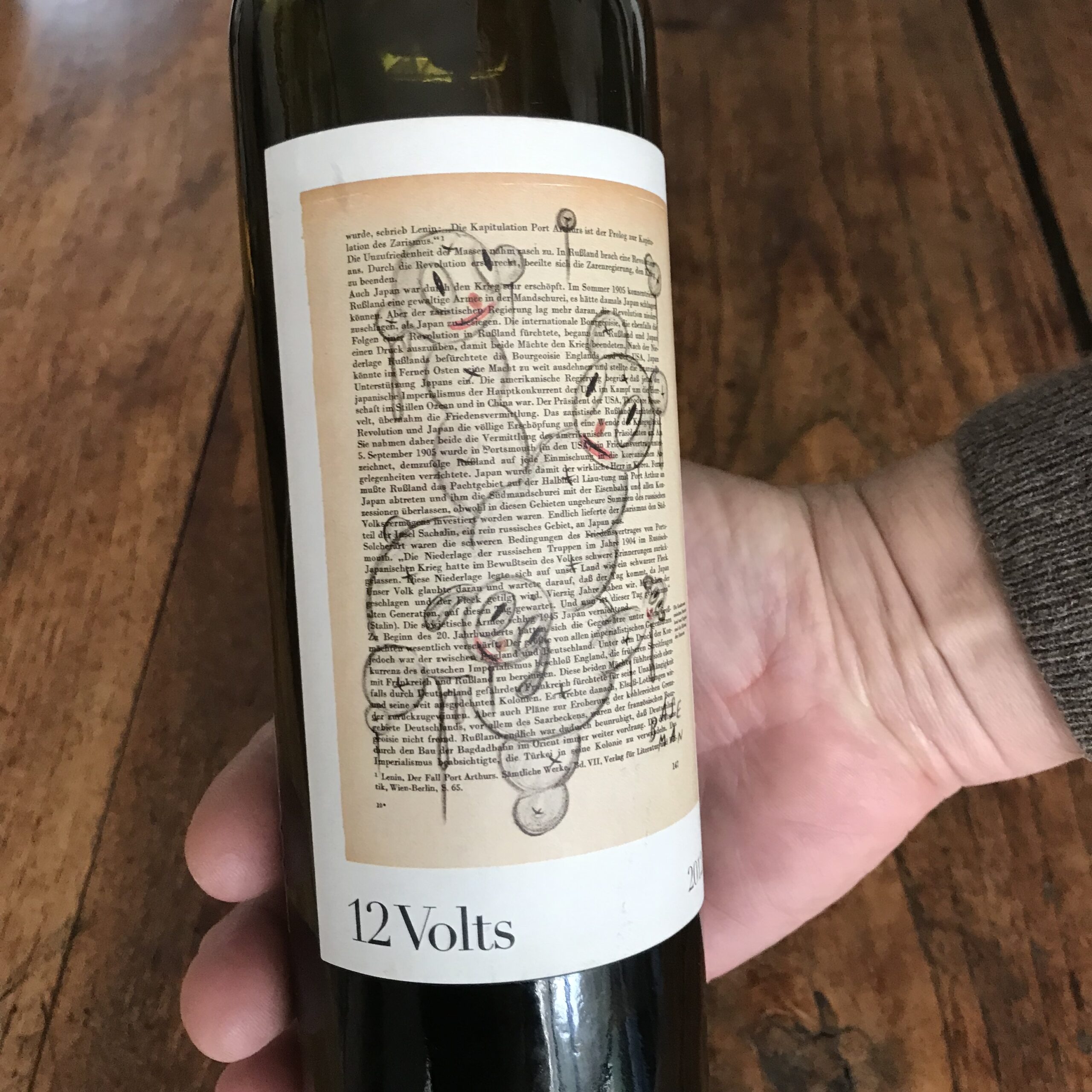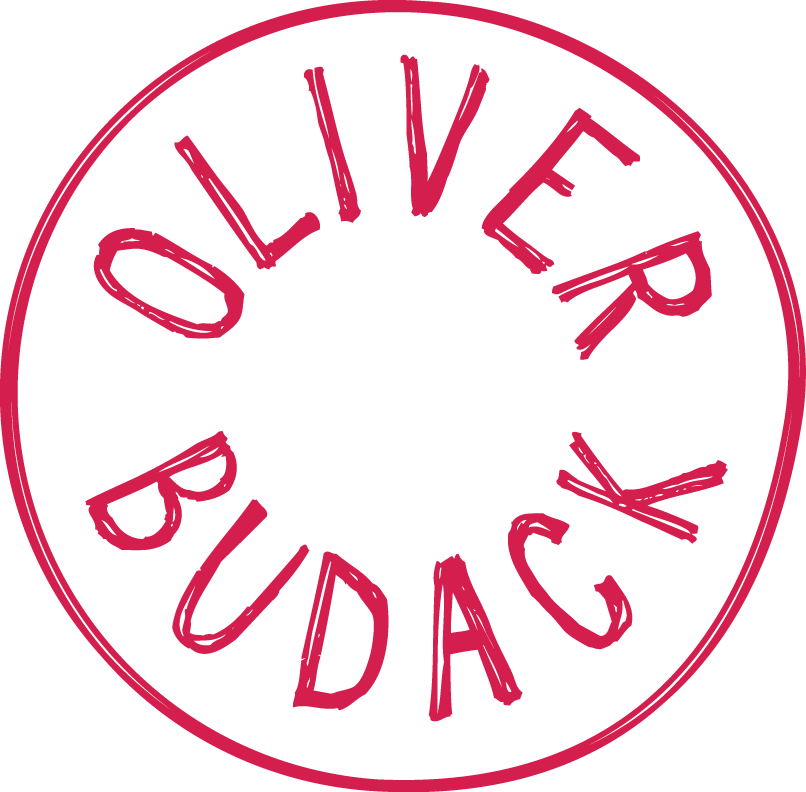by Oliver Budack
Share
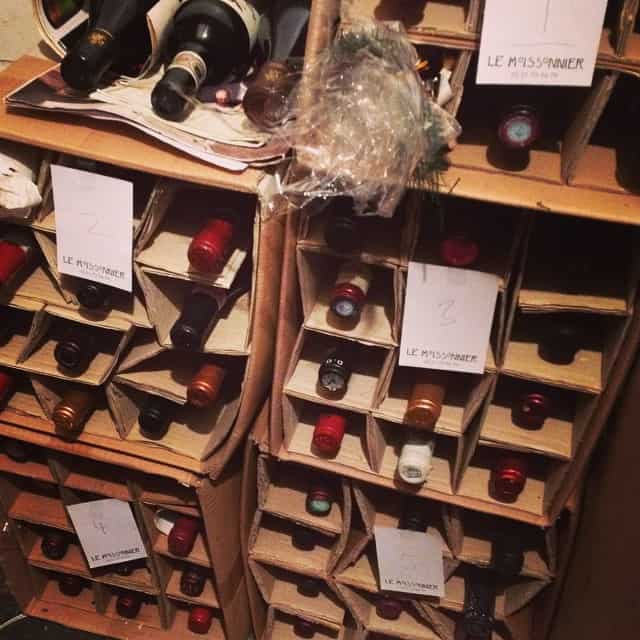
My father is a passionate wine drinker and an even more passionate wine collector. Beside that his cellar is full to the brim, he still buys and orders wine on a regular basis. Consequently new deliveries are stuffed into his small cellar, in front of the older bottles stored in the back shelves.
Dad always offers me the most exquisite wines of recent and older vintages. But what is behind all these boxes I always ask myself when visiting my parents? What hidden gems could be in these far corners of his cellar, which no one has been able to access for the last couple of decades?
I was about to find out. On a recent visit I felt curious and, as my father had his afternoon nap, I sneaked into the cellar and started to move out all the wine boxes, which had been stored in front of the original shelves. Mind you, these where built in 1966. I was carefully removing bottle after bottle, some dating back to the middle of last century. Bottles covered with dust, cobwebs and mould, decades old. Amongst them wines from Bordeaux, Burgundy and Germany.
After a while I could access these back shelves again and I felt like a pirate who found a long lost treasure chest on a remote island in the South Pacific. I finished clearing out the shelves, securing ‘my treasure’ and carefully started to rearrange the cellar into its original shape, so my dad would not get suspicious of my activities.
Later in that afternoon dad joined me in the kitchen, where I presented him with my findings. With some anticipation we carefully started to open the bottles, but soon we found that most wines where not enjoyable any more, they were either oxidised, had cork taint, or had lost so much liquid that we didn’t bother tasting them anymore. A few Rieslings evolved to some kind of Sherry tasting liquid and where deemed good enough to be used up for salad dressings and the likes.
I now felt more like a pirate who opened the treasure chest to find sand, shells and the occasional mud crab in that chest; no there where no mice! The anticipated treasure was long time gone and we where presented with ‘fools gold’.
And the moral of this story is? Store your wine properly, in a cool and dark environment, free of vibrations. The storage temperature should be between 10 to 15 degrees Celsius and humidity levels between 50 percent and 80 percent are considered safe. Pay attention to those wines, which are sealed under cork, they need to be stored horizontally to keep the cork moist. Those bottles need to be regularly inspected and re corked in case you discover a leaking bottleneck, or vanishing fluid levels.
Yes, under proper storage conditions many wines continue to develop and for some it will take many years, or decades before they show their full potential. For those of you with a cellar, do regularly inspect your much-loved bottles, keep track of your stock and rather enjoy a wine too early than too late. Keep in mind that once the wine has been stored for too long there is no way back to its former glory.
When following these simple guide lines you are much more certain that the next treasure from your cellar is liquid gold, rather than fools gold.
Enjoy yourself ruthlessly!
The New McLaren Vale: How Mediterranean Grape Varieties Are Redefining Australian Wine By Oliver Budack (c) 2025 This is a slightly edited version of an article published on the Hastwell & Lightfoot blog on 3 October 2025. When I arrived in Australia in 1995 and settled in Darwin, the wine scene was a far cry
Hahndorf Hill Winery is nestled in the beautiful undulating heart of the Adelaide Hills Wine Region, near the historic township of Hahndorf. This winery is one of my favourite cellar doors in South Australia with its focus on Austrian varietals, appropriately matched to the cooler climate of the region. Hahndorf Hill was not only instrumental
After living in Berlin for nearly three years to complete my Sommelier studies and certification, at the end of 2017 I returned to live again in Australia. So inspired was I by the discovery of European organic and more sustainable viticulture – and the tasty and juicy wines it produced – I felt compelled to
Recently I came across an old friend, a bottle of 2012 12Volts from 4kilos Vinícola, Spain. The winery is located on Mallorca, a small island in the Mediterranean Sea. I was electrified when I saw this wine as I had visited its winery of origin a couple of times when living in Europe. Suffice to

